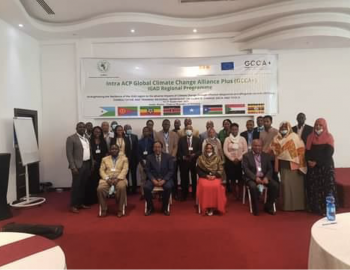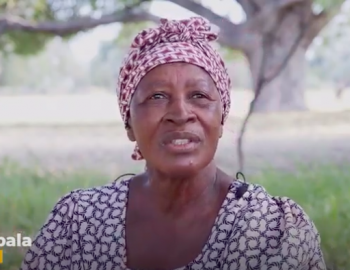POLICY BRIEF: Amazonia security agenda
POLICY BRIEF: Amazonia security agenda
Share this:
Resource detail:
Date:
Author:
CDKN Global
Type:
Policy briefs
Organisation:
Global Canopy Programme
Countries:
Brazil,
Colombia,
Latin America and the Caribbean,
Peru
Assessing policy coherence in Brazil, Colombia and Peru using a water-energy-food nexus approach.
Key points:
- National development policies will need to recognise and account for the strategic importance of the Amazon biome and its environmental services - particularly water - in future energy and food security agendas.
- The reliance on water resources for biofuel production and hydropower generation, coupled with increasing demands by industry and urban centres, is a unifying factor across sectoral policies and highlights the need to strengthen integrated water management agendas in Amazonia
- Amazonia contains particular sub-regional dynamics and realities - in terms of infrastructure, access to technical assistance, credit and human capital - that require differentiated development models and tailored policy instruments.
- Granular zoning and land use plans can support policy implementation and direct opportunities towards sustainable agricultural production, forest restoration and resource management in accordance to socio-ecological capacity.
- Improving supply chain transparency and monitoring systems is a critical step for identifying interdependencies among actors who have shared interest and impact on productive landscapes in the region.
- Recent public-private commitments and financial pledges to tackle deforestation offer an opportunity for aligning current national development and climate plans, and fund the implementation of these key policy instruments.
- In this context, efforts are needed to strengthen the inclusion of socio-environmental safeguards in public-private financing mechanisms to incentivise the transition to more sustainable practises and supply chains.
- Regional cooperation is necessary to reduce and reverse environmental degradation and address leakage across the Andean-Amazon-Cerrado ecosystems, and to support transnational watershed management.
- Building on and strengthening existing platforms (for example, CIAM, GCF, ACTO) that bring together key actors including national and sub-national governments and the private sector to improve coordination and integrate water-energy-food nexus thinking will be fundamental.



